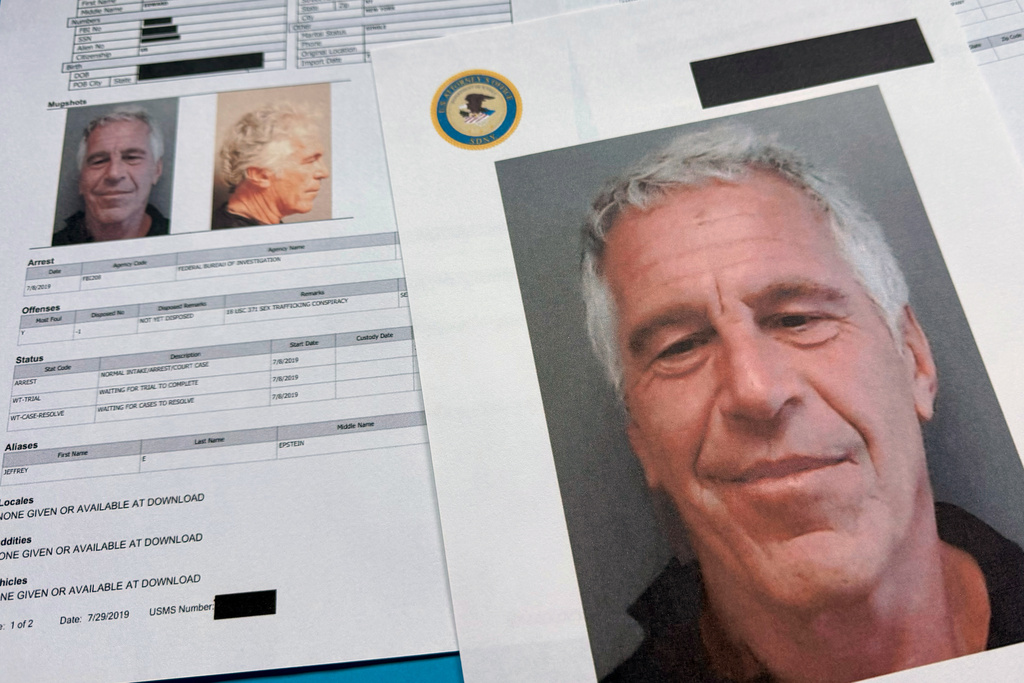The World Health Organization calls it an "infodemic" ... false or misleading info on the coronavirus. And that has presented one of the biggest tests to social media platform's misinformation enforcement strategies. The challenge has been met with unusually aggressive and proactive responses from companies such as Facebook, Google and Twitter.
"The platforms are taking the initiative and being more aggressive generally in how they approach the coronavirus crisis."
Newsy spoke to Paul Barrett, deputy director of New York University's Stern Center for Business and Human Rights and author of several studies on disinformation. He said the response shows "evidence of a lot of good will and energy being invested" by platforms that had previously been criticized for policies that aided in misinformation spreads — like allowing politicians to lie in ads.
"When confronted with health-related problems or battempts to mislead users about health-related issues — that the platforms are much more comfortable in being aggressive and going after untrue material. In the political realm, I think they feel a lot of anxiety about taking down or otherwise diminishing this or that piece of content because they're afraid that whoever was the proponent of that content is going to get angry at them."
Beyond pushing users who search for coronvirus information to first see content from verified health organizations, some platforms are also giving free ad space to these groups. Other efforts are so broad that they're leading to unintended takedowns. On Monday, Facebook, Google and Twitter all released blog posts saying they'd increase the use of automated systems to help catch misinformation. By Tuesday night, Facebook's Vice President of Integrity Guy Rosen said a "bug in an anti-spam system" was removing posts on topics unrelated to the coronavirus.
Barrett recognizes there's too much coronavirus misinformation to stop it all. He says platforms should keep takedown efforts focused on health information that can be proven verifiably or demonstrably false.
"At the top of the list has to be things that immediately imperil people [...] Something where it's not a question of ideological debate, left versus right — but something where all people of good will and reasonableness would agree 'that's just not true.' It's not true if you eat a bunch of garlic you're going to be protected against the coronavirus, so let's not put that up there to confuse the overly-gullible people that might see it."
What remains to be seen is whether this approach will be applied by to other non-coronavirus misinformation. Barrett noted this approach could be reapplied to other health misinformation.
"Outside of the crisis context I think a good comparison point would be the antivaccine campaigns in general — campaigns that tell people 'don't vaccinate your kids against dangerous diseases because that's gonna give them autism.' Well, that's just not true, and people can believe that if they want to, but if you're running a platform I don't think you're under any obligation to carry that untrue material on your platform."




 How Effective Is Social Media At Stopping Coronavirus Misinformation?
How Effective Is Social Media At Stopping Coronavirus Misinformation?






